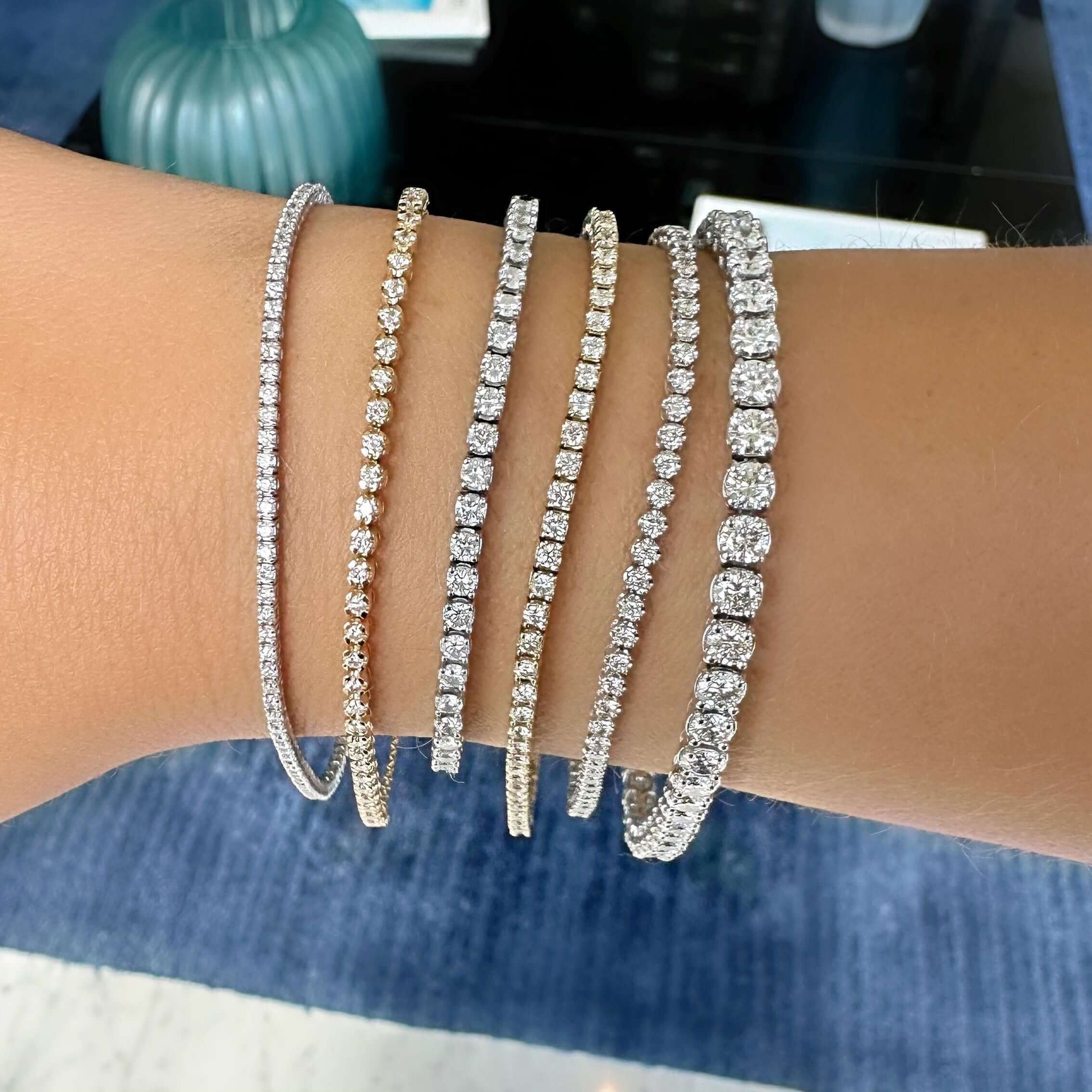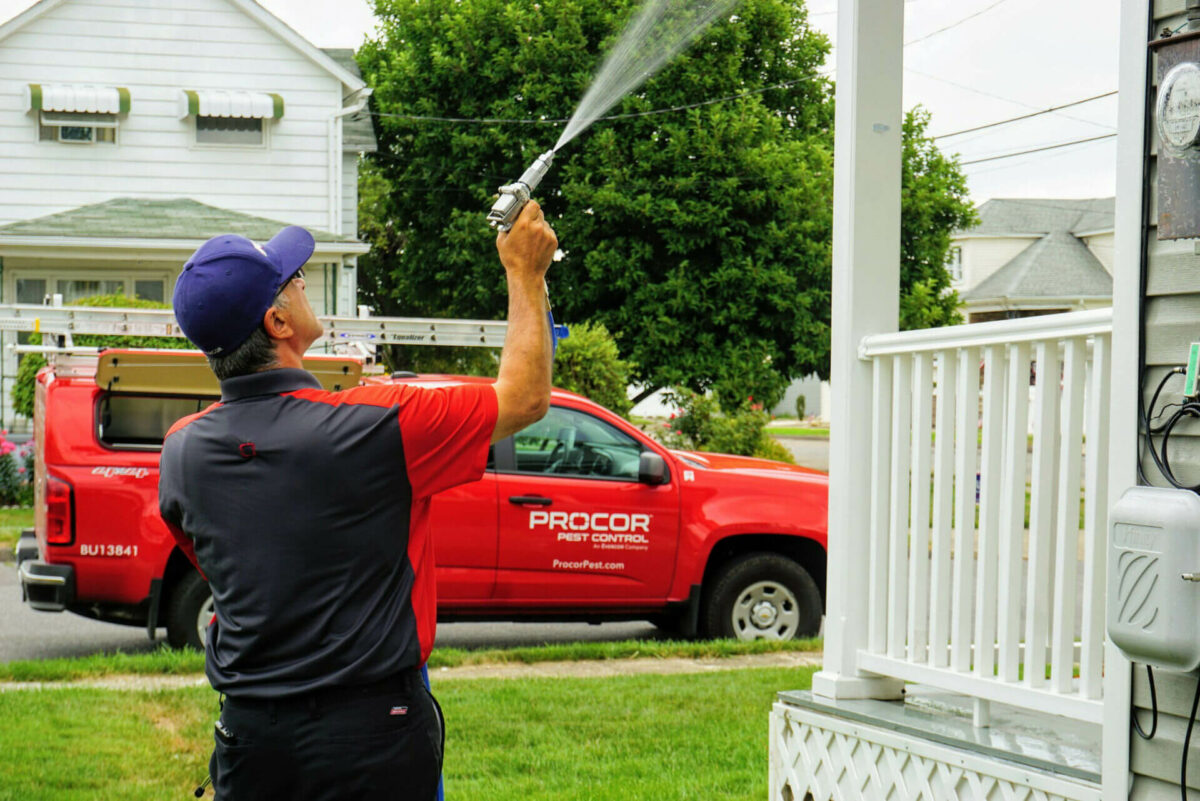For a trading company in this day and age, the processing of transactions does not necessarily have to end with your jurisdictionOften you will receive oBusiness rders from customers residing in other countriesTo meet these types of customers, you need to facilitate virtual transactions, where customers would make payments for your goods without establishing physical contact with you.
To manage this type of transaction, you would need a merchant account capable of accepting international paymentsSo what are you doing Approach a nearby financial institution, right?
Well, If Only It Were That Simple!
For most financial institutions, the nature of your business will first need to be examined for its “level of risk” before they decide to honor or deny your requestTherefore, traders are classified as high risk or low risk businessesThis then brings us to the question of the day: “what kind of business is considered a high risk merchant.
Let’s find out!
What Is A Low Risk Merchant?
Understanding
What a high risk trading business is, you first need to understand what a low riskAnd as the name suggests, a low-risk trader is a trading enterprise that carries a considerably lower degree of riskAs with a high-risk merchant account, low-risk accounts often attract lower bank fees and chargesAnd their requests are mostly granted, unlike high-risk merchants, who are often declined.
But what types of traders are considered low risk? Banks will consider your e-commerce a low risk business if it meets the following conditions:
- Your maximum monthly activity income is $ 20,000
- The average ticket size is $ 50
- You use anti-fraud filters like secure 3D to prevent fraudulent activities on your store / site.
- Your payment processor also manages your payment page.
Your business operates in a low risk industry such as home appliances, groceries, food, fashion, clothing, books, pets, etc.
Your business exists mainly in low-risk regions such as the United States, Canada, and Australia, South Korea, Singapore or any EU country.
What Is A High Market Risk?
Unlike low risk merchants, there are no specific criteria for classifying businesses as high risk merchants because different high risk payment processors use a different set of criteriaHowever, from a business perspective, most merchants without a card are considered high riskThis includes businesses like e-commerce stores, Forex, games, financial services, travel and much more.
So let’s say you want to get a forex merchant account for your forex trading site, you can expect the payment processor to consider you a high risk merchantGenerally speaking, however, two of the biggest criteria used to classify chargebacks and fraud potential are high riskIf your business receives a lot of chargebacks or is too susceptible to fraud attacks, it will most likely be considered a high risk trader.
Simply put, the more chargebacks on your ecommerce store, the higher the risk you carryGet a payment service for your high risk merchant due to the perceived risk associated with high risk merchants, the only set of institutions willing to work with them are mainly acquirers and processing services, many of whom charge huge fees to accept the risk responsibility they take.
However, there are still payment processors, like iPayTotal, who are ready to help high-risk businesses accept virtual payments without paying through their nosesThey provide end-to-end payment solutions for high-risk business merchant accounts around the worldThanks to their healthy relationships with numerous national and international Acquisition Partners, they are able to offer debit, credit and Echeck processing for almost all industries considered high risk.








